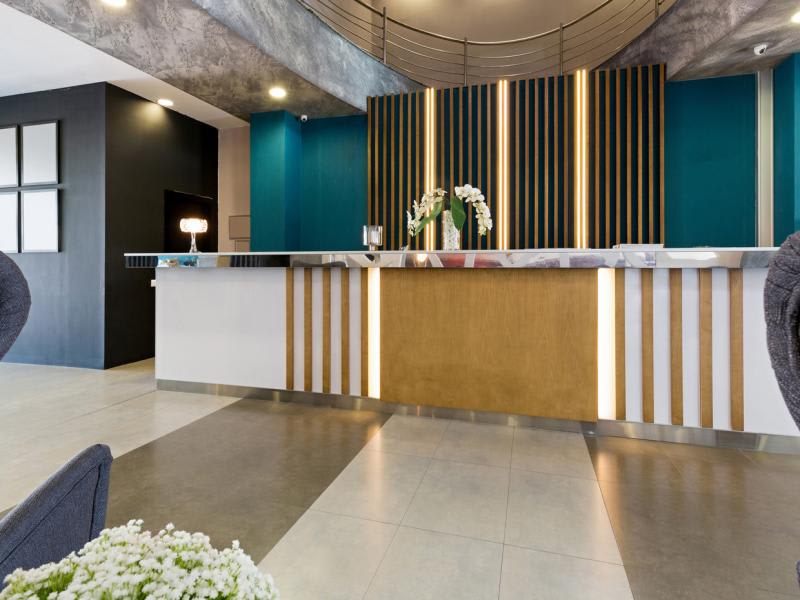One of the most important steps when taking the plunge into starting a business is also one of the most overlooked parts of the process.
Making sure you are set up in the correct structure from the beginning can ensure that serious, and expensive, ramifications are avoided down the track.
Start with the end in mind
Every business needs a structure that is fit for purpose.
This means it aligns with the founder’s vision and goals for the business, such as whether they wish to:
- Grow the business
- Run and hold the business
- Sell the business
- Keep personal assets separate from the business
- Plan future capital investments
Even if the ideal structure or end state is not yet known, most (if not all) possibilities can be accessed if the structure provides enough flexibility from the onset.
A company is not always the best structure, and the same applies with a trust. The right structure considers a wide variety of elements – from who is involved in the company, to the types of products and services you offer, to how and where you operate.
The disbursement of profits, application of capital gains tax, implications of tax across multiple jurisdictions and so on, can have a big effect on your ability to reach a cash flow positive state sooner rather than later.
What are my options?
Below are the common structures used for setting up a tourism business, and a summary of their attributes.
Depending on your personal circumstances there may be more than one structure required to meet your objectives.
Operating as a sole trader or through a partnership – where you participate as an individual partner are relatively unprotected structures. Your personal assets are completely exposed to business liabilities.
The trust is a very flexible structure, which also limits the liability. Combining a trust and a company can give the business proprietor both a greater degree of separation and improved asset security. Beneficiaries of the trust are not the legal owners of the business, therefore creditors cannot easily access the assets of the business if a particular beneficiary encounters a financial problem.
A company is a good vehicle through which to run a business because, apart from the ability to retain profits, of the limited liability of share capital. Putting a discretionary trust in place above the company, provides a clear divide between your business and personal affairs, and can be the optimal scenario for any new company structure. A simple discretionary trust structure owning shares in the company, will best suit most situations. In this structure, the company is the operating entity, and the trust owns the shares in the company.
The right structure reduces risks and invites opportunity
It is not solely that if the business goes pear-shaped, the owners are protected from personal liability.
Sometimes, there can also be issues that occur with the owners, that you don’t want affecting the business.
These can be personal legal problems such as illness, family disputes, contested wills and more.
There’s a whole raft of things that you don’t want to jeopardise the day-to-day operations of the business as well.
The key is separating the personal and the business, as much as possible, so that they don’t affect each other, and personal assets are protected.
We often find that growing businesses set up structures that are slightly more intricate, because they want to protect assets by placing them in different entities.
In this scenario, it is no longer commercially viable to have one trading company with all the assets in it.
So, the proprietors might look to have one trading company with the sole purpose of engaging with the public, and one responsible for delivering the product or the service.
Ideally, you’ll want to ensure that the structure is flexible to support you as your business grows, allowing you to make new decisions about your business trajectory.
The right structure could involve allowing for the movement of assets and functions between various entities within a group, which can be done without too much cost and administrative burden.
RSM can help you select and implement the right structure for your tourism and hospitality business
Choosing the right structure for your business is not as simple as weighing the options between sole trader, partnership, company, or trust.
It’s a crucial step in the longevity of your business and can have very real effects on the challenges and opportunities your business will face in the future.
At RSM, we can help you choose and implement the best structure to meet the needs of your business and align with your goals. It’s a small cost now for a huge benefit later and will give you confidence as you focus your time and effort on achieving success.
For more information and to get in touch, please reach out to your local tourism and hospitality specialist in your nearest RSM office today.





